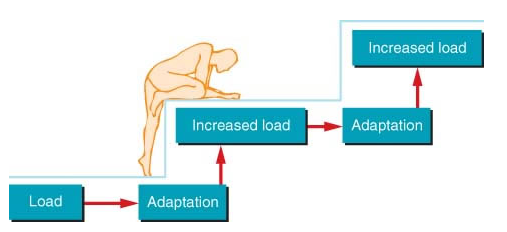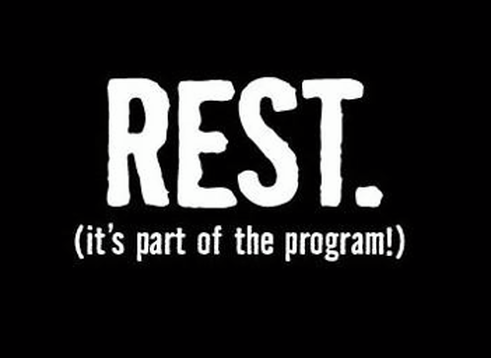
The Science of Strength
As easy as 1 – 2 – 3
1. Progression: Making the workout or exercise more challenging over time. This could be adding weight to strength exercises, or running faster or longer with cardiovascular training. Either way if you are not challenging your body no improvement will happen.

2. Overload: Is when the body is challenged through intense exercise and the muscles are worked past their current capacities. This training “environment” is what sets the scene for improvement.

3. Recovery: After the muscles have been overloaded they need time to adapt and get stronger. This process takes between 48* – 96 hours +.
So the science of getting stronger is as follows:

1. Train as hard as you can on each exercise to make sure overload takes place.

2. Allow the body to rest and recover. You can’t rush improvement.

3. When you return to the weight room try to add weight or repetitions to each exercise.
The science of getting stronger is easy to understand. It is the application that is challenging. There are no secret routines or special exercises, just simple things that need to be done a certain way, for an extended period of time.
Train Hard!
TAKU
(*minimum recovery period for athletes with optimal recovery ability).
TNT has over 35 years of combined fitness experience, so if you’re looking for a coach who can train you online from anywhere in the world, visit our online training page to book a consultation.
TNT wants you to maximize your strength as safely and efficiently as possible, so if you’re looking for a stand alone workout plan, check out our Blackjack training program.
















